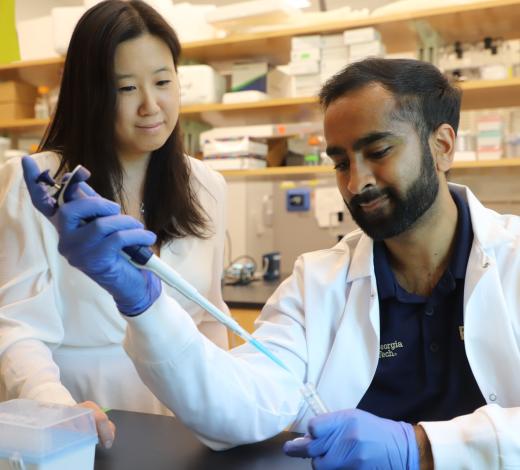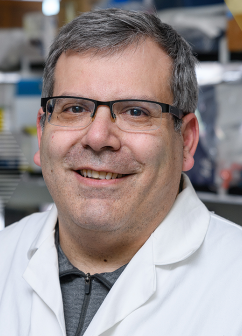Biomaterials & Regenerative Technologies
Overview
The Biomaterials and Regenerative Technologies research area at the Wallace H. Coulter Department of Biomedical Engineering is dedicated to advancing the understanding and application of materials that interact with biological systems.
Our interdisciplinary research encompasses materials science, tissue engineering, therapeutics, biomolecular delivery, and molecular and cellular biology. We aim to develop innovative strategies to engineer, replace, or regenerate human cells, tissues, or organs, thereby restoring or establishing normal function.
Research Focus
Our work involves understanding the behavior of cells and tissues in both health and disease using quantitative engineering tools. We harness the power of materials to stimulate, modulate, and control the body's own repair mechanisms to functionally heal previously irreparable tissues or organs.
This process includes the rational design of biomaterials that take cues from natural tissue or use organic and inorganic synthesis to create smart biomaterials that respond to environmental cues, provide precise spatial and temporal control of biomolecule presentation or delivery, and integrate seamlessly in vivo.
Application Areas
Our research has broad applications, including:
- Scaffolds for Regenerative Medicine: Developing structures that support the growth and development of new tissue.
- Stem Cell Engineering: Manipulating stem cells to repair or replace damaged tissues.
- 3D Bioprinting: Using 3D printing technology to create complex tissue structures.
- Organoids and Organ-on-a-Chip Systems: Creating miniature, simplified versions of organs for research and drug testing.
- Immunomodulation: Modifying the immune response to promote healing.
- Nano- or Microparticles for Drug or Vaccine Delivery and Imaging: Designing tiny particles to deliver treatments or aid in imaging.
- Materials-Based Novel Diagnostic Agents: Developing new materials to improve disease diagnosis.
For example, 3D bioprinting technology enables the construction of multi-cellular and multi-material tissues with precise architecture, facilitating patient-specific designs for certain defects. Additionally, microtissues, organoids, organs-on-a-chip, or ex vivo tissue-engineered structures offer tissue-like models that can be composed of normal or diseased cells for drug screening or personalized medicine.
































